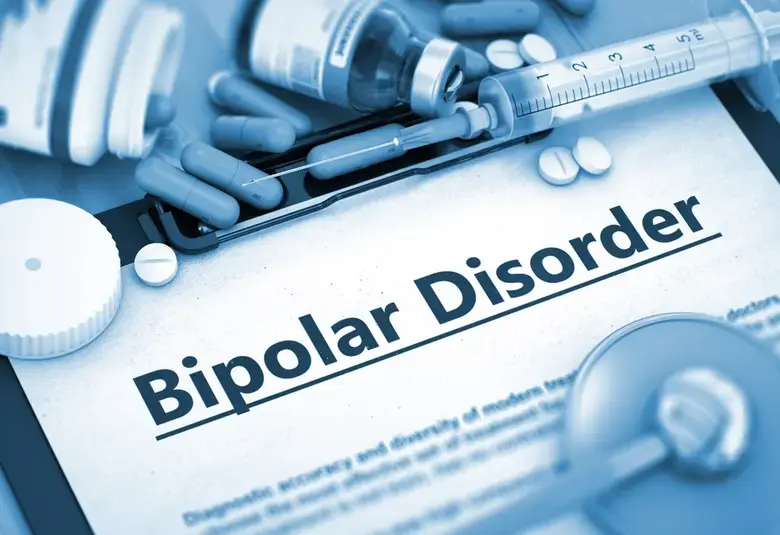Neuropsychiatric symptoms, often referred to as behavioral and psychological symptoms of dementia (BPSD), are considered the non-cognitive symptoms of dementia. These symptoms encompass a range of issues including mood disorders, anxiety, changes in motivation, disturbances in perception, alterations in sleep patterns, appetite issues, and behavioral issues such as agitation and aggression1.
Neuropsychiatric symptoms, often referred to as behavioral and psychological symptoms of dementia (BPSD), are considered the non-cognitive symptoms of dementia. These symptoms encompass a range of issues including mood disorders, anxiety, changes in motivation, disturbances in perception, alterations in sleep patterns, appetite issues, and behavioral issues such as agitation and aggression1. Behavioral symptoms are acknowledged as early signs of Frontotemporal Dementia (FTD)2, but to some extent, they also frequently present in the early stages of Alzheimer’s and vascular dementia3. Patients exhibiting neuropsychiatric symptoms (NPS) without clear cognitive deficits often end up with psychiatric diagnoses, especially if the potential for neurodegenerative disease is missed4. Consequently, this oversight can lead to care that is unsuitable, delayed, or less than ideal5.
The investigation of mild behavioral impairment (MBI) in predementia stages (subjective cognitive decline or mild cognitive impairment) represents a crucial frontier in understanding the nuanced progression towards dementia syndromes, such as Alzheimer's disease (AD) and other forms of dementia5,6. MBI
encompasses the onset of sustained changes in an individual's behavior and personality in the absence of diagnosed cognitive impairment, serving as a potential early indicator of neurodegeneration before the manifestation of overt cognitive symptoms3,7. This review seeks to elucidate the current understanding of MBI, its diagnostic criteria, underlying neurobiological mechanisms, and its implications for early detection and intervention in dementia.
Diagnostic Criteria and Clinical Assessment
MBI is characterized by noticeable alterations in emotional regulation, social interaction, impulse control, motivation, and perceptual-motor function, which are not attributable to other psychiatric conditions. The MBI Checklist (MBI-C) developed by Ismail et al. (2016)7 provides a structured framework for identifying these behavioral changes in clinical and research settings. The operationalization of MBI through the MBI-C facilitates its differentiation from psychiatric disorders and cognitive impairments, laying the groundwork for its recognition as a distinct clinical entity5.
Neurobiological Mechanisms
Neuroimaging studies have identified structural and functional changes in the brain associated with MBI symptoms, shedding light on the neurobiological underpinnings of these behavioral changes8,9. Alterations in frontal-subcortical circuits, amygdala, hippocampus, and other regions implicated in emotion regulation and social cognition have been observed8,9. These findings suggest a neurodegenerative basis for MBI, potentially linked to the early stages of pathological processes seen in AD and other dementias.
Epidemiology and Relationship with Dementia
Longitudinal studies have underscored the significance of MBI as a risk factor for the development of dementia. Individuals exhibiting MBI symptoms demonstrate a higher likelihood of progression to dementia compared to those without such symptoms3,10,11. The manifestation of MBI may represent an early phase of neurodegenerative disease, preceding the onset of significant cognitive decline. As such, MBI offers a critical window for early intervention and possibly altering the disease trajectory12.
Implications for Early Detection and Intervention
Recognizing MBI as an early marker of neurodegeneration opens avenues for timely intervention strategies aimed at delaying or preventing the onset of dementia. Pharmacological and non-pharmacological interventions targeting behavioral symptoms could potentially mitigate the progression of underlying neurodegenerative processes. Furthermore, the inclusion of MBI in the diagnostic criteria for neurodegenerative diseases could enhance the sensitivity of early detection, enabling a more holistic approach to patient care6,12.
Future Directions and Challenges
The field must address several challenges to integrate MBI into clinical practice effectively. These include refining diagnostic criteria, improving the sensitivity and specificity of assessment tools, and elucidating the pathophysiological mechanisms linking MBI to neurodegenerative disease6,11,12. Additionally, longitudinal studies are needed to establish the prognostic value of MBI and to identify potential interventions that could modify the disease course.
Conclusion
MBI represents a pivotal concept in the continuum of cognitive decline, bridging the gap between normal aging and the overt manifestation of dementia. Its recognition as a potential early indicator of neurodegenerative disease underscores the need for a paradigm shift in how dementia is approached, emphasizing early detection and intervention. Further research into the mechanisms, epidemiology, and therapeutic strategies related to MBI is imperative for advancing our understanding and management of dementia.




